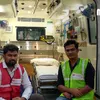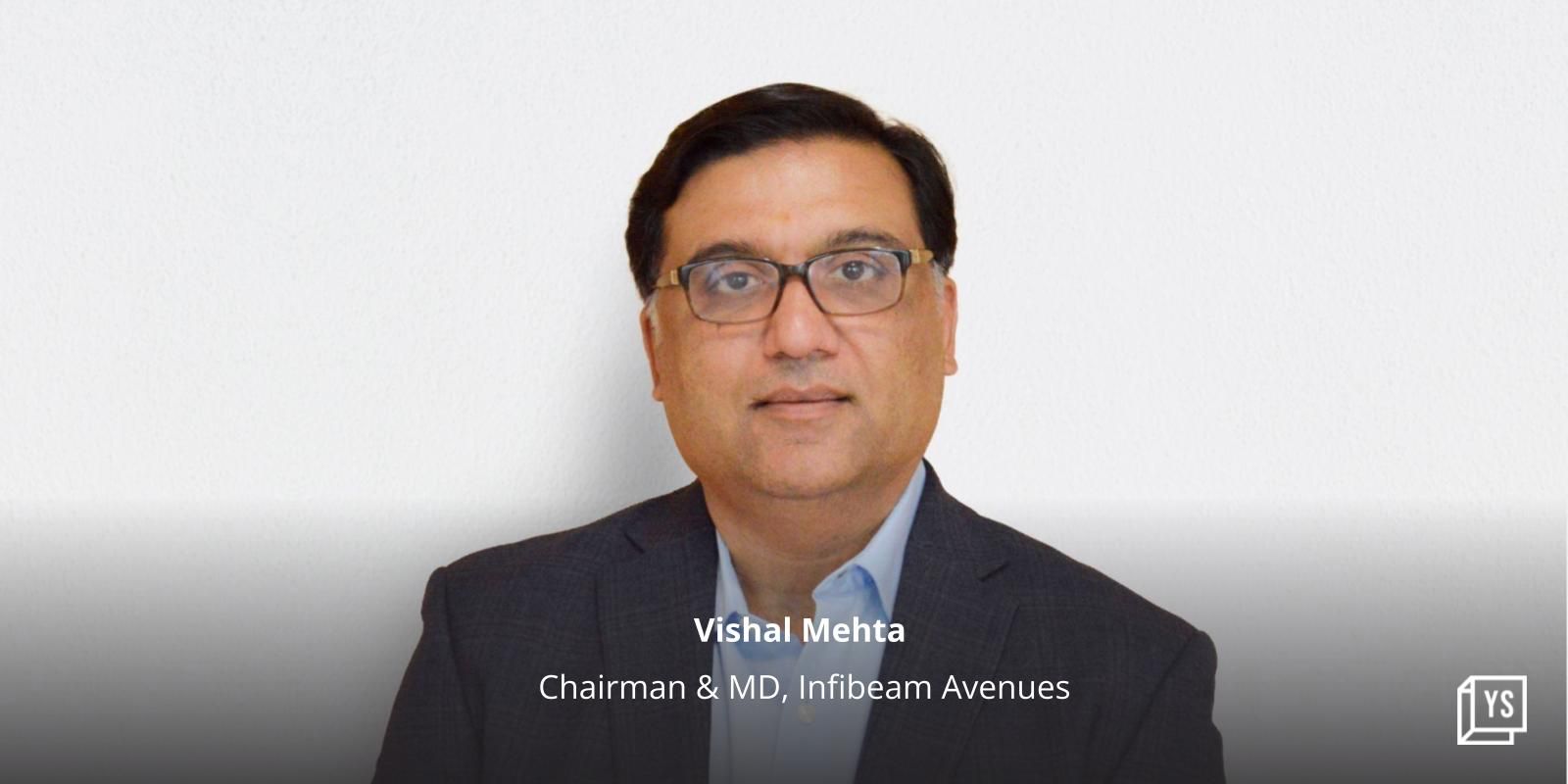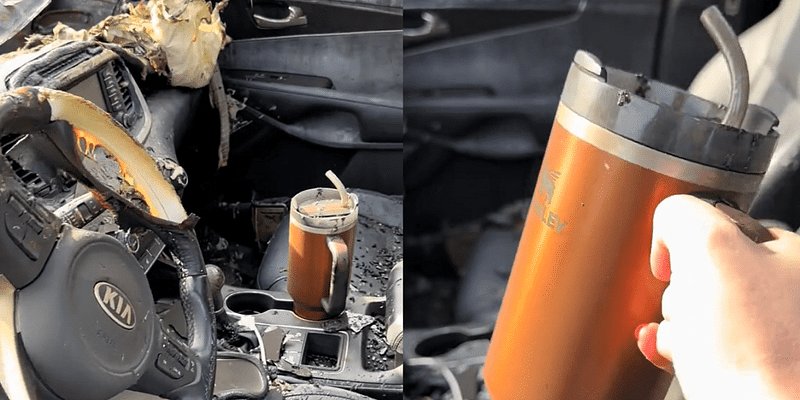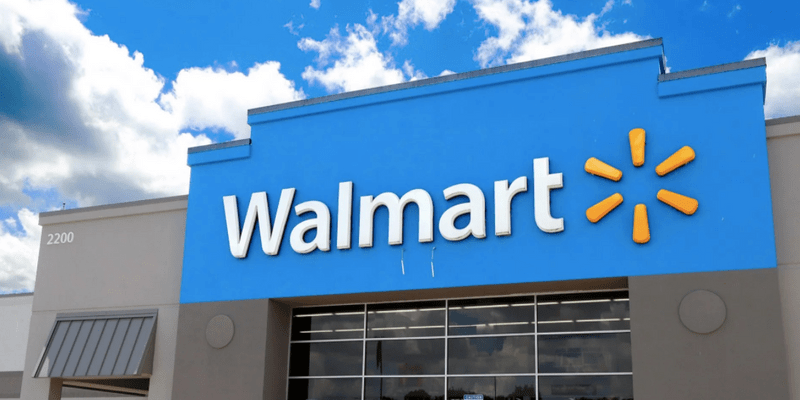How New Delhi-based Medulance is disrupting the medical transportation segment in India
Medulance Healthcare provides on-demand ambulance services where users can book ambulance using its mobile app, and the nearest available one will be assigned to ensure minimum turnaround time for emergency care.
The COVID-19 pandemic has increased the demand for ambulance services across the country. According to reports, India has severe shortage of ambulance services with paramedical staff, which has led to delayed treatment and untimely death of patients in many cases.
According to data by National Institute of Emergency Medicine (NIEM), more than 20 percent of patients who needed immediate medical care lost their lives due to traffic delays from rural sectors. A WHO report also revealed that a trip by state-run ambulance services in New Delhi can cost about Rs 2,947.50, yet one out of three ambulances did not have paramedical staff on board.
New Delhi-based Healthcare is looking to solve the problem of ambulance availability by digitising the medical transportation segment. Launched in 2017 by Pranav Bajaj and Ravjot Arora, the startup aims to make finding an ambulance as easy as finding cabs.
Similar to and ’s technology, Medulance enables users to book ambulance using the mobile app and the nearest available ambulance will be assigned to the user in order to ensure minimum turnaround time for emergency care.
“Ravjot had personally faced issues in his family after he lost his grandfather due to lack of proper emergency ambulance services. Post that, we studied about the emergency services in the country and also researched about the problems prevalent in the emergency response. This motivated us to build a workable solution to solve this problem,” Pranav tells YourStory.
“Organisations such as Ola and Uber already existed at that time and we too wanted to leverage the new technologies such as geolocation, proliferation of mobile phones, etc., to save a few more minutes of the time in emergency response,” he adds.

At present, Medulance has an aggregated fleet of over 5,000 ambulances across the country. [Image Credit: Medulance]
Connecting users with ambulance service providers
The co-founder explains that Medulance’s technology platform connects users and the ambulance drivers directly. The startup enlists government, hospitals, as well as private-operated ambulances on its platform after checking its compliances, paramedical staff, drivers, the medical infrastructure, etc.
Its GPS-based technology platform ensures the nearest ambulance is sent to the user and ensures timely emergency services.

Medulance claims to have assisted over 10,000 COVID-19 patients as of now. [Image Credit: Medulance]
“After starting up, we realised there is also a need to give a voice of trust to the customers and thus we launched a 24*7 helpline number where people can talk to our executives and get help on the kind of ambulance needed, and when they can get the ambulance,” says Pranav.
Medulance operates on B2B, B2C, and also on the B2G model. For the B2B model, the company works with hospitals including Manipal, Columbia Asia, and Fortis, and with several organisations such as HCL, Schneider Electric, among others to help them provide emergency services to their employees. In terms of B2G model, the company is working with Coal India Limited.
“Medulance has already assisted over 10,000 COVID-19 patients and is providing training to its drivers and ensuring the drivers and paramedics are prepared for all challenges. They are also given PPE kits to ensure their safety and the safety of the patients,” the co-founder says.
Apart from on-demand ambulance and paramedical services, Medulance also aims to provide healthcare at home, where it helps customers set up an Intensive Care Unit (ICU) at home at lower prices. It includes features such as critical care nurse, medical equipment, bed sore management, physiotherapy, stoma care, infusions, and tracheostomy care.

Illustration: YS Design
Business and more
Medulance claims that over four lakh new users subscribed to its platform after the COVID-19 outbreak in India. It has an aggregated fleet of over 5,000 ambulances spread across 22 cities in India who have helped save and assist over 50,000 people.
The bootstrapped startup also recently announced its partnership with security and community management app, . As part of this deal, MyGate users from eight major cities will get easy access to medical emergency transportation.
This initiative will enable over 14 lakh residential flats in Delhi-NCR, Pune, Mumbai, Chennai, Kolkata, Ahmedabad, Chandigarh, and Lucknow to use a single emergency helpline number powered by Medulance for emergency ambulance services.
Explaining the business model, Pranav says that Medulance operates on a commission-based model where it charges commission fees from the ambulance service providers when users book them using the Medulance app. In case of organisations, it charges a fee from the companies and deducts a commission fee when the employees use the services.
Bengaluru-based VMEDO is also looking to build reliable medical emergency responses in India. The startup allows users to find and book ambulances, first aid, etc., using their mobile application during medical emergencies.
Speaking about future plans, Pranav says, “We want to ensure we keep providing quality services and want to increase our subscriber base to over 10 lakh by 2021. We also want to integrate our solutions with insurance companies, connected cars, and home-security solutions to ensure emergency medical solutions can be made available by just pressing one button.”
Apart from this, the company is also looking to expand its services to 40 cities and have a fleet of 10,000 ambulances by 2025.
In the long run, Medulance is looking to improve the emergency infrastructure around the cities and also bring down the emergency response time to just 15 minutes.
“Eventually, we would also like to launch a healthcare superapp for organisations where employees will not only have access to emergency services but will also get assistance including paramedics, healthcare at home, emergency medicines etc,” he says.
Edited by Megha Reddy













